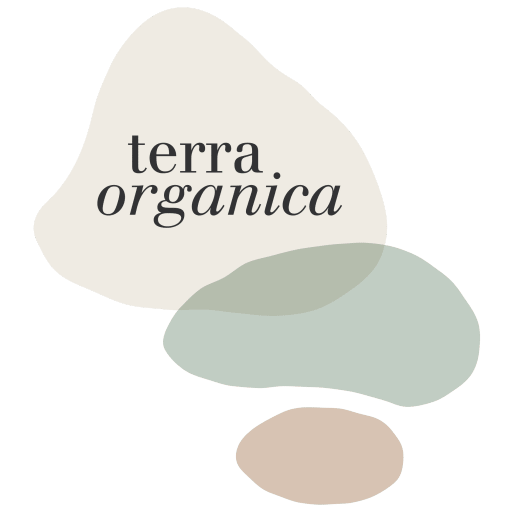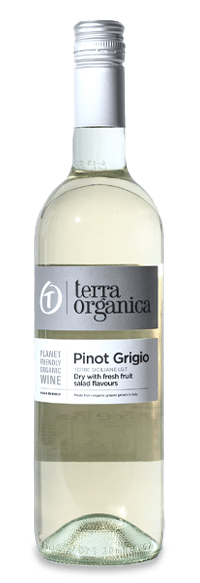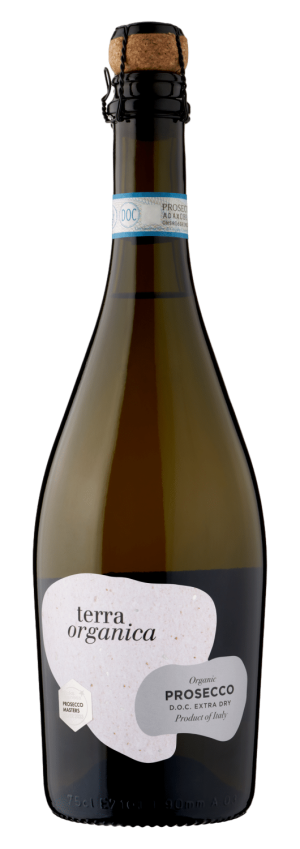We passionately believe organic wine is the future of winemaking.
It tastes better, while benefiting communities, and we’ve built our business on this belief. But one of the main reasons we champion organic is its impact on wildlife.
As much a philosophy as a practice, organic winemakers take into account the whole environment and long-term sustainability of their vineyard. Provided the surrounding environment is healthy and pests and weeds are kept in balance, the vine should cope with most challenges and will thrive under the watchful eye of the winemaker, as the grapes sweeten in the sun.
Organic also means the tightly regulated use of biological controls to keep pests and weeds in check, and absolutely no synthetic pesticides and fertilisers.
Read more about us.
Let’s start with pesticides. Synthetic pesticides are used by conventional farmers to kill pests that are harmful to the plant, like mites or beetles. Unfortunately the blanket application of these chemicals is harmful to all insect life – particularly natural pollinators such as bees, which are in sharp decline worldwide. Birds and small mammals feed on insects, and larger predators feed on them, so a decrease in insect life impacts animals all the way up the food chain. Not to mention that many insects are beneficial to plants, such as butterflies, pollinators, and natural predators like ladybugs.
This results in a happier ecosystem overall, and healthy ecosystems are more resistant to pests in the first place.
Organic farming uses various methods to keep pests in check. That includes using physical barriers and insect traps, introducing insect predators, and the growth of companion plants that allow such insects to thrive. Some naturally-derived pesticides can also be used, so long as they’re not harmful to people or the environment. This results in a happier ecosystem overall, and healthy ecosystems are more resistant to pests in the first place. Many organic farmers also plant wildflower meadows alongside their fields to encourage insect and bird life.
When it comes to fertilisers, vintners should be in luck: vines usually thrive in poor, rather than super fertile soil. This is even thought to give the grapes their delicious flavour. If the soil is too rich in nitrogen (the element that makes farmland super fertile), the vines would grow too hardily, developing large leaves that would shade the grapes and prevent them from sweetening in the sun.
Organic wine doesn’t use chemical fertilisers, and relies on the use of manure, compost and companion planting to enrich the soil to the level needed. The added bonus is that organic or ‘low intervention’ vines require less water, as the soils they’re grown in are enriched with compost that holds in moisture, and the root structures grow deep into the earth searching for nutrients and hydration.
But conventional growers still use chemical fertilisers to turbo-boost the growing cycle and increase yield, ignoring the fact that heavy fertiliser usage nukes the natural microbes that make soil teem with life, and give its crops flavour and nutritional value. Short-term yield increases, but depletes the soil further, leading to agricultural ‘dead zones’ where once fertile soil is no longer of any use to wildlife or humans. What’s more, chemical fertilisers seep into our waterways and oceans, causing among other things, algal blooms that kill aquatic life. What’s bad for the planet is also bad for the plant: it weakens the vine, which is no longer motivated to dig deeper into the soil for its nutrition and worsens erosion.
Healthy, thriving vineyards work with the environment. The best-run vineyards are often organic and sustainable operations. We believe in a different, gentler way of making wine, and so do our producers, whom we choose on the basis of their commitment to sustainability.









